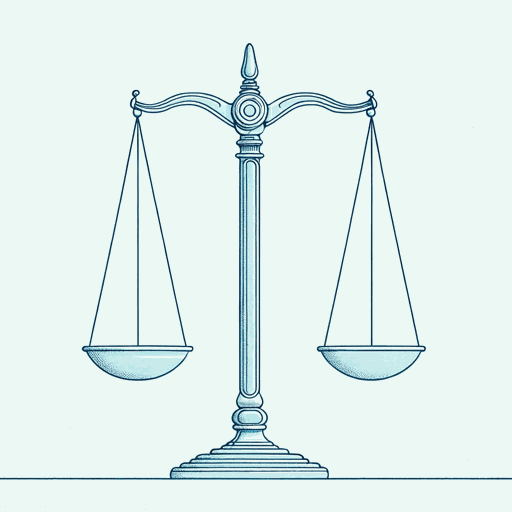50 pages • 1 hour read
Michael WalzerJust and Unjust Wars: A Moral Argument With Historical Illustrations
Nonfiction | Book | Adult | Published in 1976A modern alternative to SparkNotes and CliffsNotes, SuperSummary offers high-quality Study Guides with detailed chapter summaries and analysis of major themes, characters, and more.
Background
Historical Context: 1960s-70s Anti-War and Civil Rights Movements
First published in 1977, Just and Unjust Wars reflects the spirit of the civil rights movements and the protests against the Vietnam War, which ended two years earlier in 1975. Massive protests against the war began in 1964 and continued through its conclusion. A draft was in place until 1973, with 2.2 million men conscripted to fight. People objected to the war for both its unjust goals and methods: Those against the war did not perceive it as a struggle against worldwide communism, but a violation of the Vietnamese people’s right to self-determination. Because the American military was fighting against guerrillas, too many civilians were targeted. The United States’ use of the chemical herbicide Agent Orange and the My Lai massacre were singled out as egregious violations of human rights. Walzer participated in the movement against the Vietnam War, and he draws several examples from that conflict to explain his theory.
The 1960s and 70s saw the rise of civil rights movements for African Americans, women, students, the LGBT community, and Indigenous people. In this spirit, Walzer bases his theory of just war on the natural assumption of human rights. However, he restricts foreign powers from intervening for humanitarian reasons in the affairs of another country except in cases of gross violations of rights, such as enslavement and mass murder.
Featured Collections
Books on Justice & Injustice
View Collection
Jewish American Literature
View Collection
Memorial Day Reads
View Collection
Military Reads
View Collection
Philosophy, Logic, & Ethics
View Collection
Politics & Government
View Collection
Popular Study Guides
View Collection
War
View Collection

